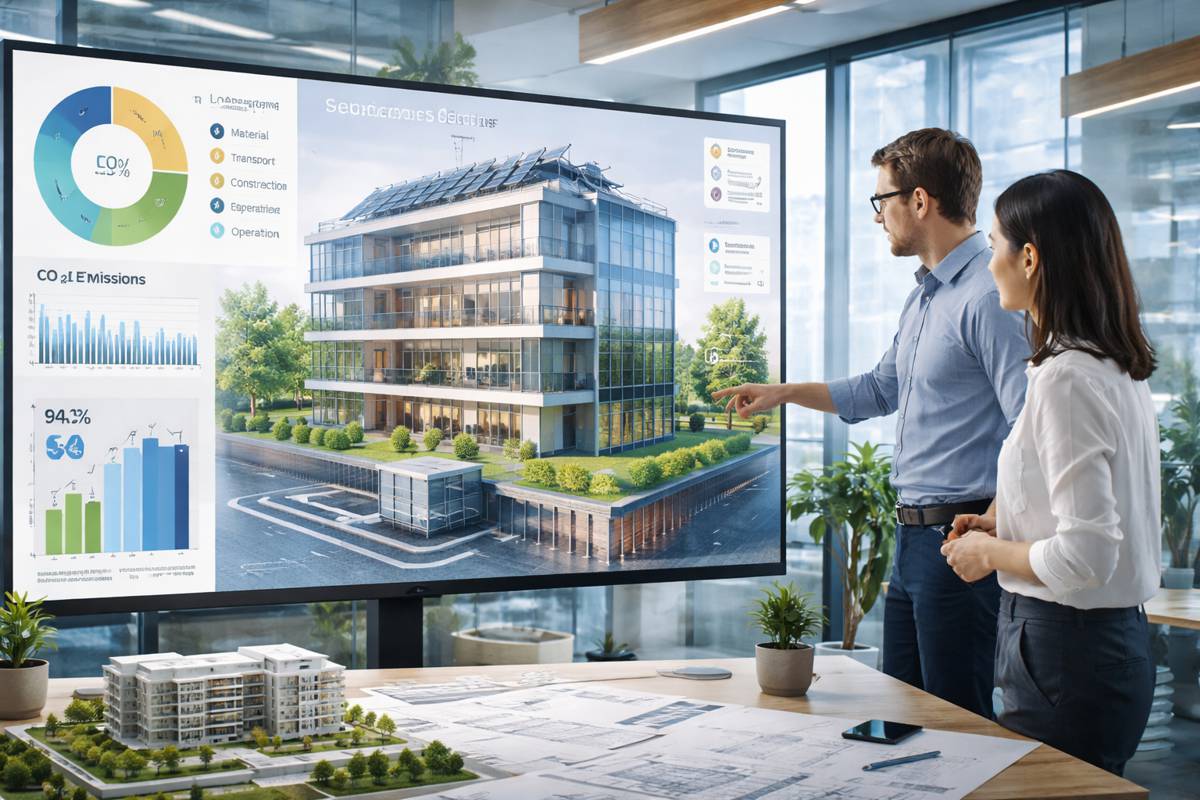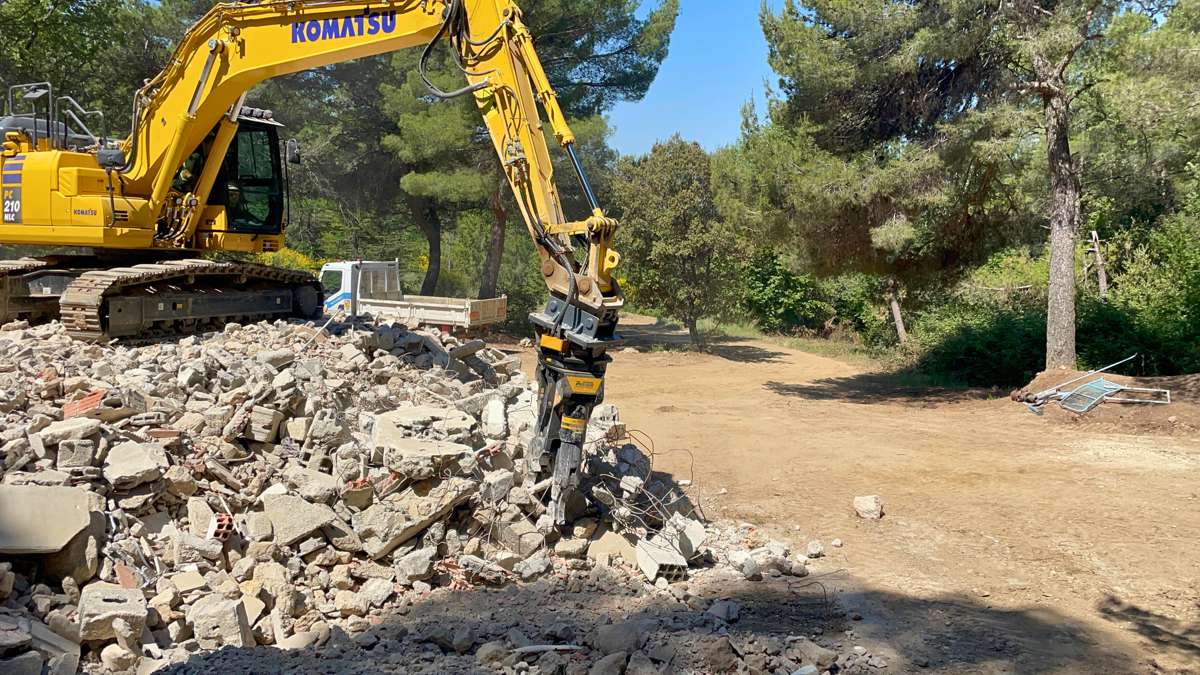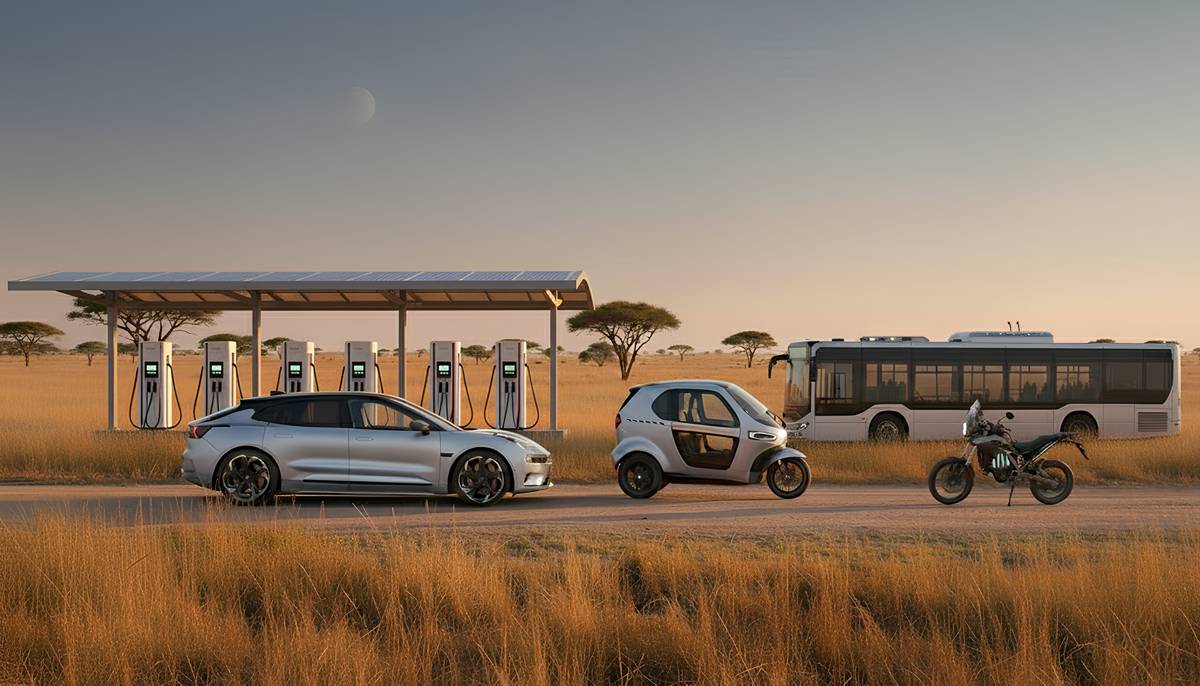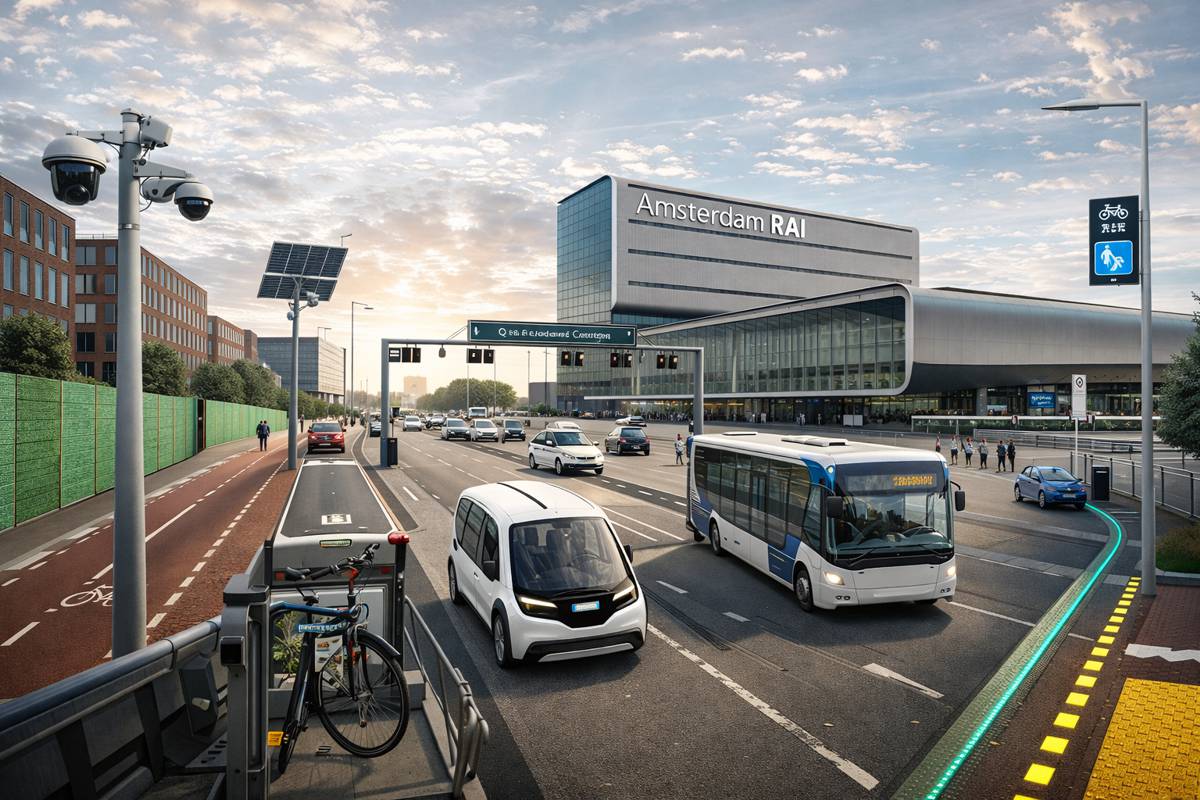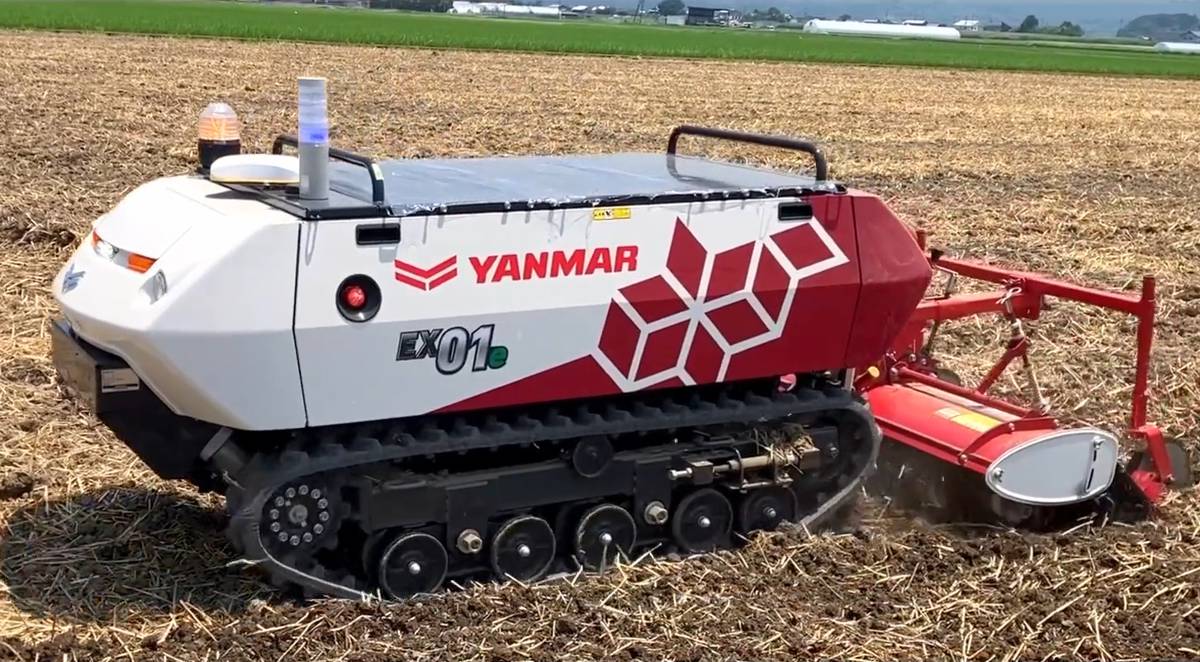Bosch recycling tech recovers almost all the platinum in fuel-cell stacks
The Bosch fuel-cell power module is in volume production. And with that, the technology company’s recycling plan is getting underway.
Fuel cells contain what are known as platinum group metals (PGMs) – and circular economy models are a particularly worthwhile way to recover these valuable raw materials. For example, almost all the platinum in fuel-cell stacks – at least 95 percent – can be recovered.
That is why Bosch aims to repurchase stacks when their useful life expires. “By recycling, we can make the stacks more economical and at the same time reduce the carbon emissions associated with platinum mining,” says Thomas Pauer, the president of the Bosch Powertrain Solutions division.
“We’re already laying the groundwork for recovering rare raw materials like platinum. Our estimates suggest that by 2030 at the latest, appreciable numbers of fuel cells will need recycling,” he adds. Platinum acts as a catalyst in the fuel cell, accelerating the reaction of hydrogen and oxygen. Recycling platinum can save more than 95 percent of the carbon emissions associated with platinum mining.

Bosch develops model agreement with repurchase option for stacks
A first, important step in this direction is an agreement with the mobility provider Hylane, which provides for the repurchase of fuel-cell stacks by Bosch when their useful lives expire. Some of the hydrogen trucks leased by the Cologne-based start-up feature Bosch fuel-cell power modules.
In the long term, this model agreement could serve as a blueprint for further Bosch fuel-cell activities, both mobile and distributed, as well as for electrolysis stacks.
“In this way, we can create predictable and stable supply chains and improve the availability of resources. Using recycled platinum lets us greatly reduce stacks’ absolute carbon footprint, since we avoid the emissions that would otherwise occur during the mining of the metal,” says Thomas Wintrich, head of the mobile fuel-cell business unit at Bosch.
Under the new model agreement with Hylane, Bosch is guaranteed an option to repurchase stacks for mobile applications. The stacks themselves will be recycled by a third-party company. In the subsequent production process, Bosch will use the platinum recovered for new Hylane stacks.
“We’re proud to have reached this innovative model agreement with Bosch that gives it the option to repurchase retired fuel-cell stacks. To achieve a sustainable transformation in mobility, it’s important that we consider not only vehicle use on the roads but the entire vehicle lifecycle as well,” says Sara Schiffer, the managing director of Hylane.

High demand for platinum in industry
In medicine, the automotive industry, and many other areas, platinum is in demand as a raw material. In the automotive sector, platinum is used not only in fuel-cell stacks. In internal combustion engines as well, it is used in exhaust-gas treatment systems and lambda sensors.
According to a 2021 study by the German Mineral Resources Agency, worldwide platinum demand could increase by some 20 percent by 2040 compared to 2018 production. For fuel-cell stacks in mobile applications, the use of platinum alone accounts for over 80 percent of the stack’s carbon footprint.

Bosch is pursuing various approaches to the circular economy
Bosch has set itself the target of saving 15 percent of the CO2 emitted in the upstream and downstream value chain (known as Scope 3) by 2030. The company is working on, developing, and researching various solutions, and takes an integrated approach to the circular economy.
For instance, Bosch researchers have developed solutions that recover platinum in an eco-friendlier way than before. For these processes, it has filed for more than 20 patent families. And not only at the end of the product lifecycle is resource conservation the focus: in the future, it is planned to use digital twins to monitor the service life and function of the components in fuel cells and in electrolysis stacks during operation. This will allow maintenance, repair, and recycling to be planned in advance.
Bosch is also involved in battery recycling, supplying pioneering technology: Europe’s first fully automated system for discharging and disassembling battery modules, featuring Bosch industrial technology, is being built on the premises of Battery Lifecycle Company, a subsidiary of Remondis, in Magdeburg, Germany.
Meanwhile, as part of its Bosch eXchange program, the Automotive Aftermarket division has been reconditioning parts such as used starter and alternator units for decades – an attractive alternative for workshops looking for high-quality repairs in line with the current value of the vehicle. In certain product areas in household appliances and power tools, Bosch relies on the use of recycled materials in packaging and product housings.






















